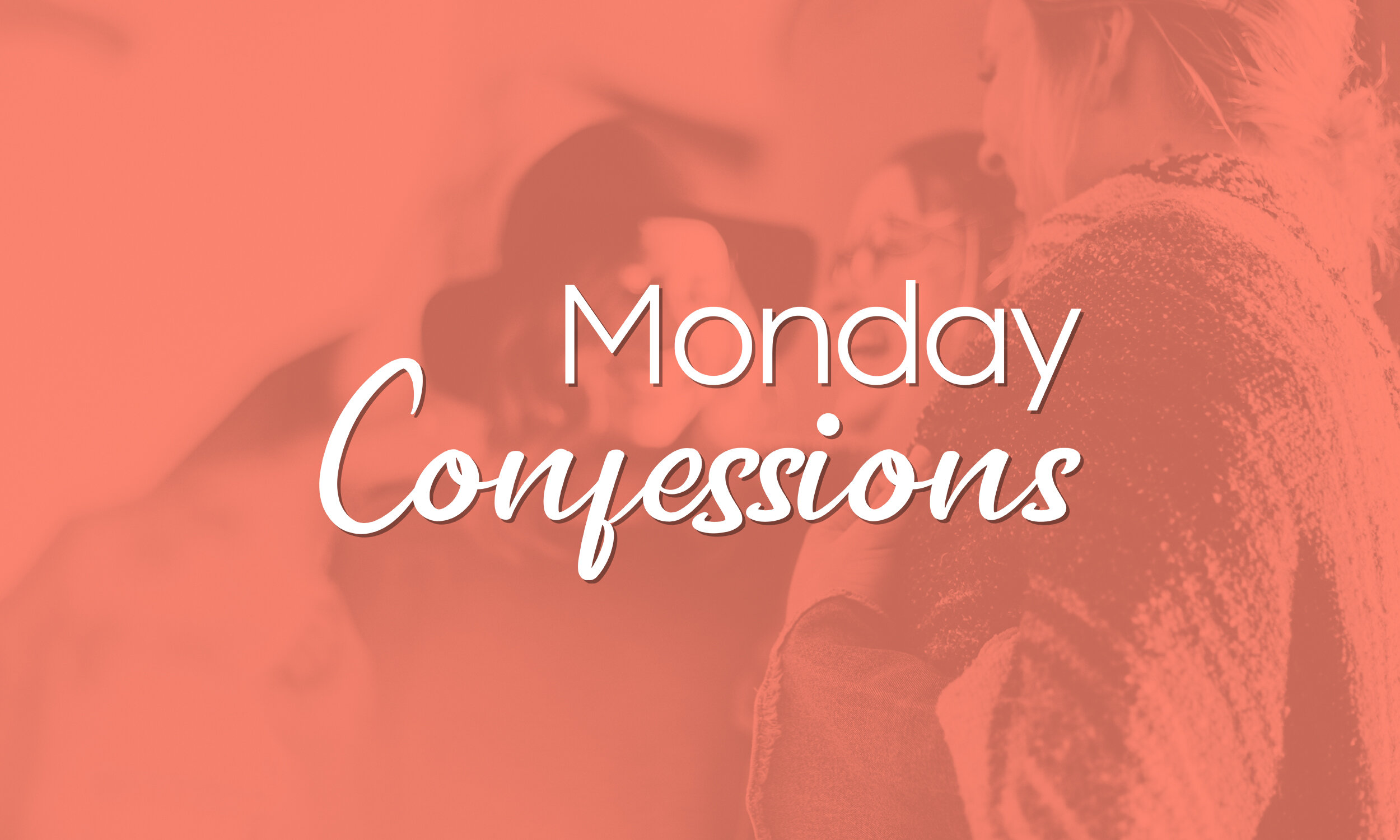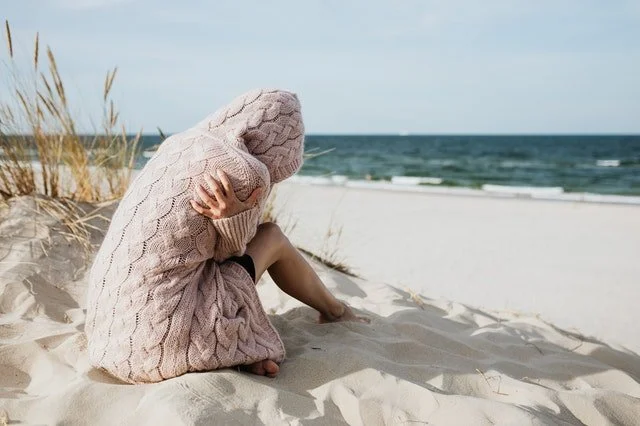Midlife and Money
I grew up in a lower middle class caste. I’m not ashamed of it - the experience taught me great lessons and my parents did their best. But over the years my relationship with money has changed. I used to be terrified of being without - going broke or homeless or worse.
When I started working, I was 10 and didn’t know what to do with my cash so I stuffed it under my bed in a tin. Then the tin got full and I counted it. I had over $600 and in the 90s that was a lot for a kid to have on hand. So, with the help of my stepmom, I opened a bank account and over my adolescent years, added more to it.
Until college.
I was terrified of being poor and returning home with a heavy debt and no way to pay it off.
I lived in Boston, MA and went Berklee College of Music, but unlike most of my peers, I had very little disposable money on hand. The small sum I’d saved was at the bank in Illinois and there were no online accesses at the time. And the part time job I worked at the admissions office was an exchange program where the money I earned went to pay for my portion of the tuition.
When I’d come home for a long break - usually only Christmas - my dad would try to scrounge up $200-$250. That money would be used to pay for quarters for the laundry, and fare for the T to take me to and from a community college where I took a few gen ed classes so I could graduate early and save some more cash. If I was lucky, I could spare $2.25 every couple of weeks to treat myself to a pizza dive down the street where I’d buy a combo of two slices and a soda.
Post college, I had even less. I was paying double the minimum of my gouging student loans, rent, and gas, and had about $100 to cover groceries until my then-boyfriend-now-husband joined me a year later.
Then my husband and I decided to have kids. And our relationship and security with money as we knew it dissolved in a matter of months.
The reduction in personal expenses went down, but my anxiety for saving and being out of debt didn’t change. I managed our finances down to the penny. Every month I report what was spent vs. what went into savings. It never felt like enough even when we knew many of our friends were far behind us in their savings and 401k accounts.
We talked to our therapist. She suggested I pass the task over to my husband - not because I wasn’t good at it, but because I was clearly being bogged down by my own fears and stresses with it.
“A woman’s best protection is a little money of her own.”
I was terrified of being poor. The fearful image of being kicked out of my apartment or having to return to my hometown with a heavy debt and unable to support myself was enough to keep me motivated.
I wasn’t about to be the failure I’d imagined of myself.
Then my husband and I decided to have kids. And our relationship and security with money as we knew it dissolved in a matter of months.
That first decade as parents we burned through our savings, moved cross-country twice, bought and sold three homes, and had three kids and two dogs. I started to think maybe we’ve done this all wrong - maybe we should’ve just got an RV and saved ourselves the financial headache.
But something happened with my relationship with money when my menopause story started. It wasn’t that I suddenly got this flush of access to financial solvency, but instead I stopped thinking about how many other side jobs I could pick up and started seeing other ways to capitalize on what I already had.
My grandpa used to talk about the stock market. None of hte women in my family seemed to pay attention or care. But I did.
When I was a kid my grandfather talked about the stock market and how he invested in it more than his savings account. I remember him and my uncles talking about it at holiday gatherings, but no women were included. None seemed to care. But I did.
My first corporate job out of college got my feet wet in investing. Fidelity had developed this hip online site with pie charts and graphs to watch your investments rise and fall day-in, day-out. I loved it and over the first few years I made some great progress - nearly doubled my investments.
Then I got married and someone in the shuffle was advised to leave my money investments to professional financial advisers and “experts.” I didn’t believe it, but I didn’t argue either. I was in my mid-20s and didn’t have a lot to defend my case other than a hunch and a hope.
Our advisers did fine - they didn’t scam us or make us any poorer, but I didn’t feel connected to my investments. Most of the time I didn’t even know much about the funds or stocks we’d supposedly bought into, and besides, I was honestly too busy changing diapers and desperate for catching a few precious moments of rest to care about much else.
“Being financially literate is a powerful thing, especially for women.”
But at midlife, when my passion and purpose collided with anxiety, parenting, mood swings, and fear of death, I realized I needed to take back some financial control. I needed to feel like I was part of the game, not just a bystander.
I’m not a millionaire or anything, but I’m feeling more confident about my choices and what companies I want to support.
I opened an investment account with Fidelity and told my husband I was going back into the investment ring. I took a few classes with Fidelity and Real Life Trading, and joined a local investment group with equal doses of veterans and novices. And my relationship with money has since changed.
I’m not a millionaire or anything - hell, I’m not even making enough to quantify investing as another source of steady income. But I’m getting smarter and better at it. I’m feeling more confident about my choices and what companies I want to support. And with my almost-teenage son, I’m feeling even more driven to learn as much as I can so that I can share with him some of the skills and knowledge as well.
Money isn’t something I’m always feeling confident and comfortable talking about or even handling. But it is necessary.
As women, often our relationship with money is no secret. We have a complicated one and there are plenty of myths that don’t help (Women and Money Myths):
Women are not good at managing money.
Women spend too much money.
Women aren’t interested in learning about money management.
But with menopause and midlife, I’ve taken back the reigns of my life and proved all these ideals dead-wrong.
When it comes to managing money, I’ve been the front-runner in our family. Savings and scrimping and pinching are my specialty and the notion that “women are bad with money” is bogus considering 80.5% of single parent families are run by single mothers and of that, 2/3 are above the poverty line.
I’d like to dig deeper on the concept that women spend to much money. What’s the definition of “too much money?” Are we spending too much when we prefer to buy better quality food for our families instead of heavily processed crap that winds up costing us a fortunate in medical bills further down the line? I think this stereotype is dated and really only adheres to a certain social class that 99% of us can’t relate to anyway.
I’m fascinated with learning about money management. I’ve had a budget spreadsheet longer than Suze Orman and Dave Ramsey hit their stride as experts. Anyone claiming this bullshit myth is either a) not a woman or b) hasn’t talked to very many.
Still, there are times I find myself reverting to my fear of money and being without ways. I’ll spend entirely too long being afraid of failing or losing money in a “bad” investment. But I remind myself of these truths:
1. “The more you learn, the more you earn.” - Warren Buffett
2. Failure is not the opposite of success, it’s part of success.
And Midlife just so happens to be the halfway point on life’s game board…
Share this:






